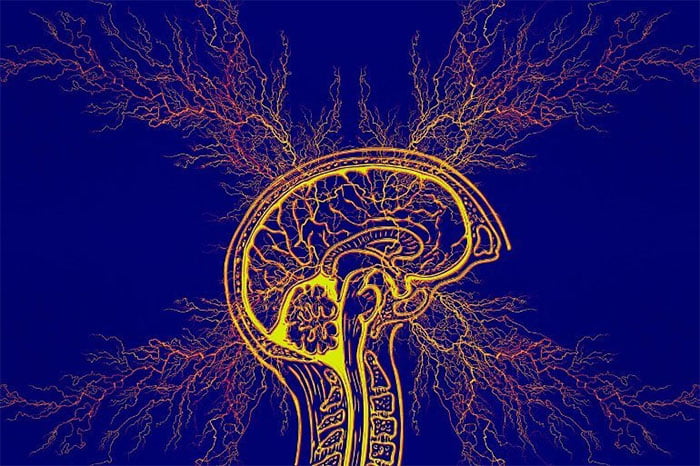Nicotine is generally bad news for one’s health, but it might have therapeutic value in treating Parkinson’s disease. https://neurosciencenews.com/lipe-parkinsons-20811/
Generally speaking, cigarette smoking is detrimental to health, causing harm to nearly every organ in the body. It is the leading cause of preventable death in the United States.
But there may be at least one notable exception to this rule: Davide Dulcis, PhD, associate professor in the Department of Psychiatry at UC San Diego School of Medicine, and others have shown that smoking may produce a protective effect against Parkinson’s disease (PD), a progressive neurodegenerative disorder characterized by the loss of dopaminergic neurons in the substantia nigra, a region of the brain that controls body movements.
Nicotine is known to modulate the function and activity of these DAergic neurons. In previous animal studies, Dulcis and others have reported that chronic nicotine treatment contributed to neuroprotection against nigrostriatal damage. They found that nicotine treatment ameliorated some of the motor deficits in mouse models of PD.
In a new study, published in the International Journal of Molecular Sciences, Dulcis investigated the mechanism that might explain the effect. He and study co-authors found that nicotine exposure in PD mice increased expression of a transcription factor called Nurr1 which, in turn, reduced the number of neurons expressing a-Synuclein, a protein that contributes to PD pathogenesis. As a result, motor deficits in PD mice were rescued.
Revealing the basic biology of how nicotine affects PD, said the authors, is an important step toward developing new strategies for replacing neurotransmitters lost to the disease, and perhaps eventually reversing and curing it.
— Scott LaFee
